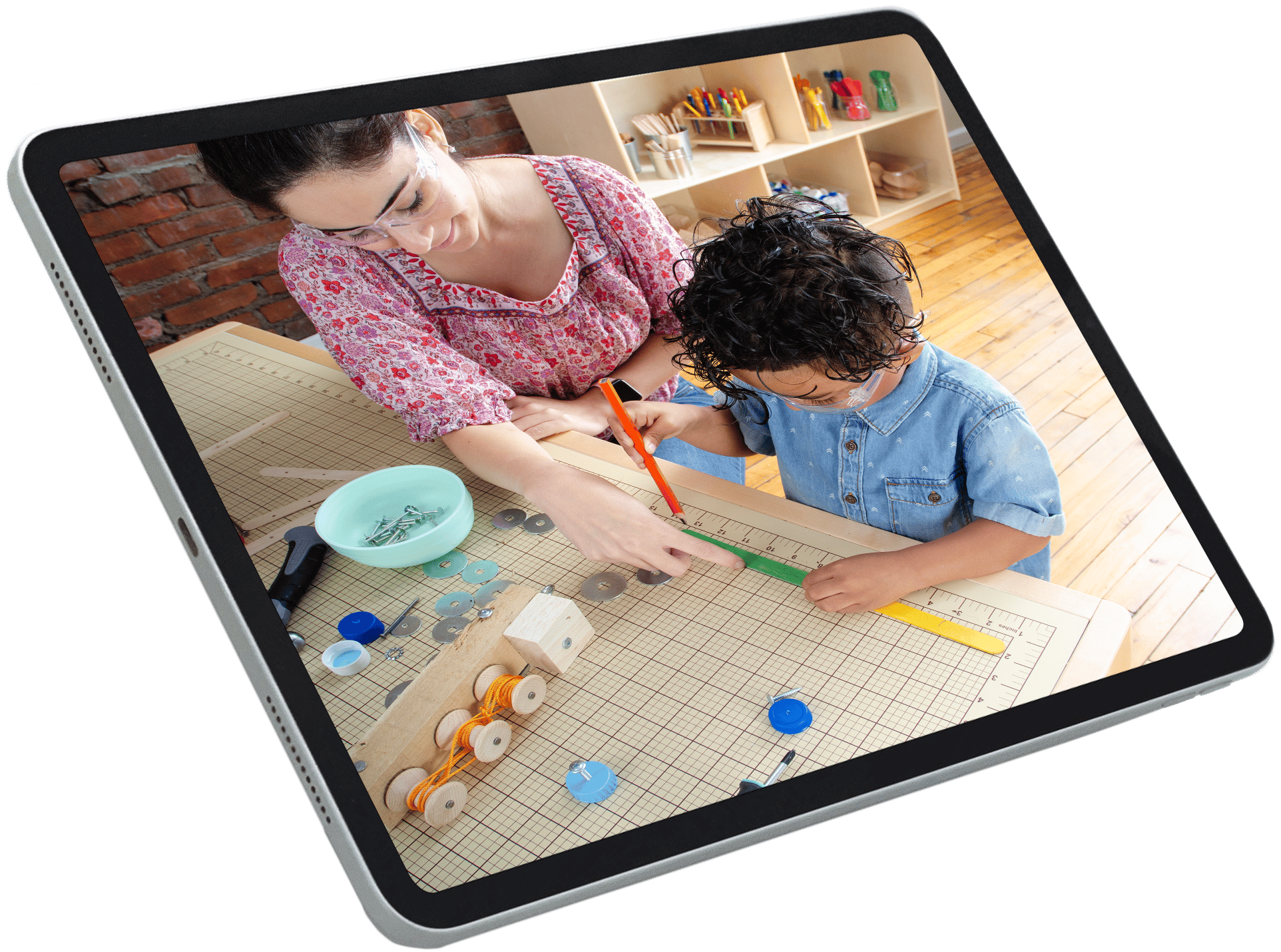
In this blog, Susan Damico, Director at the Devereux Center for Resilient Children, challenges educators and caregivers to make a change that can improve the quality of the care they provide for children: take time for self-care.
It is hard to believe that it is has been over a year since we first heard the term "COVID-19." While each and every one of us has had our own personal struggles during this time, it is safe to say that all of us have been negatively impacted in one way or another. Being able to bounce back from this adversity — a process called resilience — is something that we all need to understand.
Well, I have some good news (and aren't we all looking for some good news these days?) about the science behind resilience, and what it means for each and every one of us. Resilience is not unique or made up of some set of extraordinary skills that only a few lucky people possess. Rather, a growing body of evidence suggests that the ability to recover from adversities, including a global pandemic, is accessible to all of us. So, how do we go about strengthening our resilience?
One of the most important first steps, especially now as we continue to grapple with isolation and the incredible disruptions from COVID-19, is to seek help if we need it. Asking for help — whether from a neighbor for help with something around the yard; a family member for assistance with chores around the house; a colleague for a work task that's due; or a mental health professional for help with feelings of sadness and anxiety — is a sign of strength and resilience.
During a recent PBS interview with Jack Shonkoff, M.D, Director of Harvard University's Center on the Developing Child, Shonkoff said that the most important step adults can take right now for their children is to prioritize their own health. He used the example of an oxygen mask on an airplane. Parents are instructed to put their own masks on first, not because they are more important than their children, but because they can't help their children if they don't first take care of themselves.
Another important step in a personal resilience-building journey is to work on being kinder to ourselves. That's right — be easy on yourself. Research shows that healthy self-compassion increases our resilience to setbacks. According to Kristin Neff, Ph.D., practicing self-compassion is an important step in our resilience journey, and will support our overall ability to excel at work and in every aspect of life. Nefertiti B. Poyner, Ed.D., from the Devereux Center for Resilient Children, took this message of self-compassion and created a YouTube limited series to highlight just how we can go about this step. I encourage you to watch this series and gain perspective on the importance of loving yourself!
Resilience is a life-long journey. These two important first steps are just that . . . first steps. It is never too early to start our resilience journey and it is never too late either. Every single day offers us an opportunity to recommit to the decision to practice self-care, self-love, and stay on the path of resilience.
About the Author
Susan Damico is a former Legislative Assistant and current Director of the Devereux Center for Resilient Children where she manages and coordinates all elements of the center. She graduated from Bucknell University and received her Master's degree in Social Service Administration from the University of Chicago.
More from this Author
Mental Health Effects of COVID-19 on Educators
Mental Health Effects of COVID-19 on Families
Mental Health Effects of COVID-19 on Children
